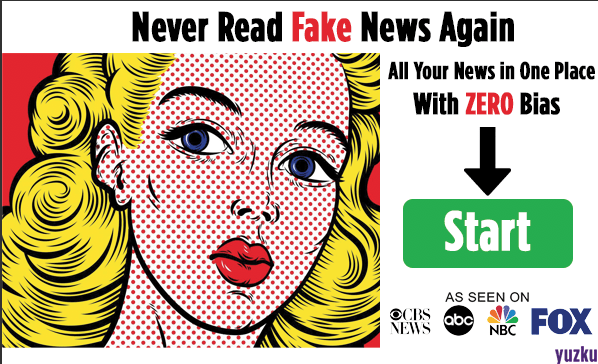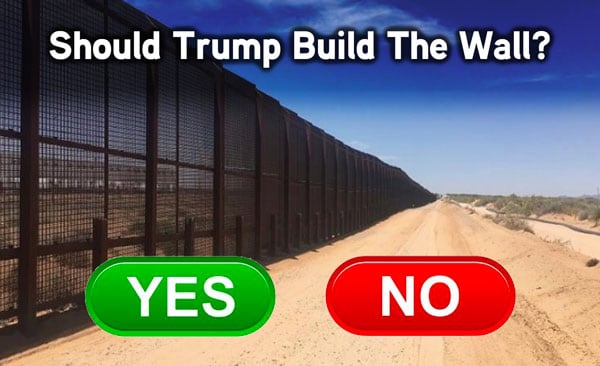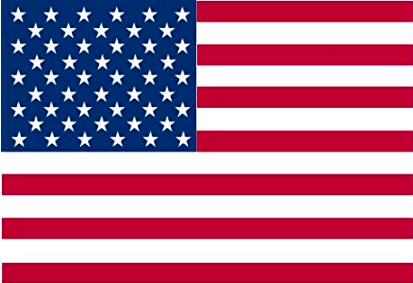Former FBI Director Comey’s Role In Leaked Classified Document Being Investigated By DOJ
Federal prosecutors are trying to determine whether former FBI Director James Comey illegally leaked a classified document to the New York Times and the Washington post, during the investigation of Hillary Clinton’s emails.
Two articles published in 2017 by the Times and the Washington Post mentioned the secret Russian intelligence document, which played a major role in Comey’s decision not to proceed with charges against Clinton for using of a private email server to conduct official business while she was secretary of state.
The document included an exchange between Rep. Debbie Wasserman Schultz (D-FL) who was the Chair of the Democratic National Committee at the time, and Leonard Benardo, Vice President of Open Society Foundations - a George Soros backed non-profit. In the email, Wasserman Schultz assured Benardo that then-Attorney General Loretta Lynch would ensure that Clinton wasn’t charged in the email probe.
Wasserman Schultz and Benardo both denied contact with each other, which raised the likelihood it was fake. The FBI determined the document was fake and was part of a disinformation campaign by the Russians.
The two articles both noted Comey’s concern that if Lynch announced no charges for Clinton, the Russians could have released the document to raise doubts on whether the investigation was ethical.
The DOJ is probing to determine whether Comey’s close friend and lawyer Daniel Richman gave the classified document to reporters. Richman confirmed another leak that Comey passed memos of private conversations with President Trump during the early days of Trump’s presidency. Richman then gave the memos to the Times.
Comey admitted in his testimony to Congress in 2017, “I asked a friend of mine to share the content of the memo with a reporter. I thought that might prompt the appointment of a special counsel.”
Inspector General of Department of Justice Michael Horowitz said that Comey violated policy by retaining and leaking memos, but the DOJ declined to prosecute Comey.



 RSS
RSS
